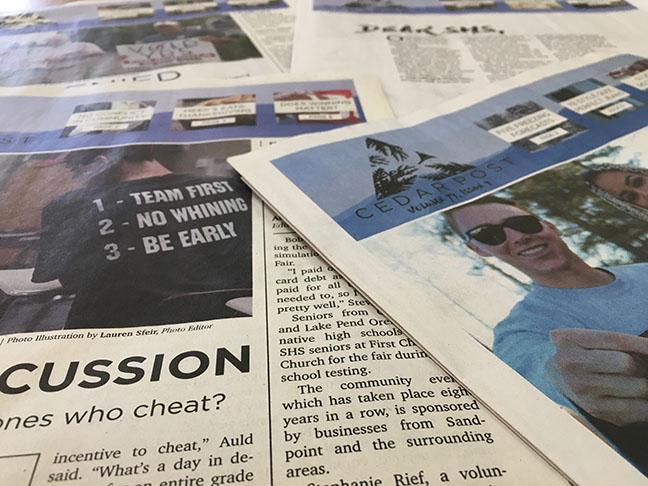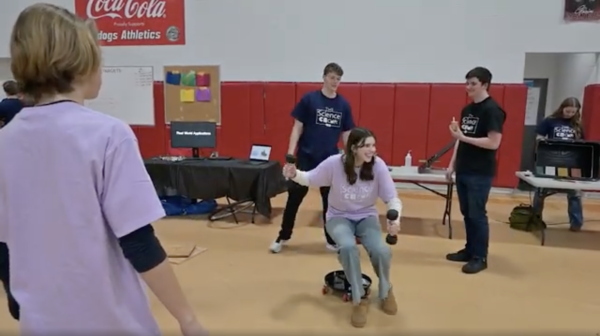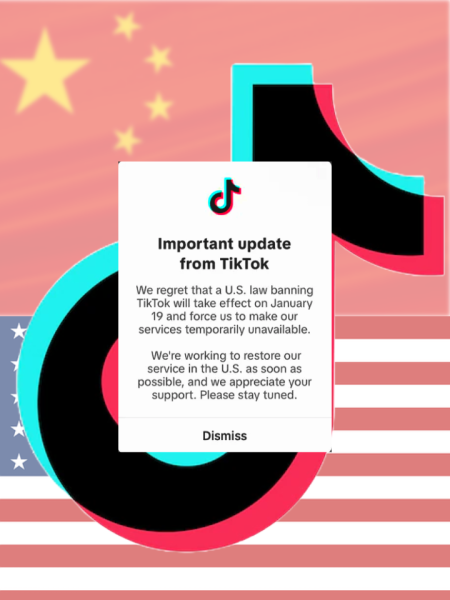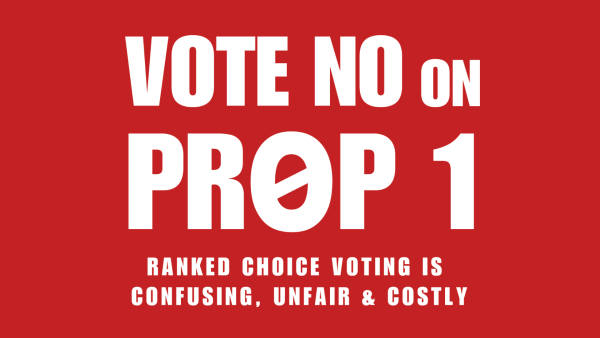WRITER’S RIGHTS
New legislation gives student journalist full first amendment rights
Sandpoint High School’s own student newspaper Cedar Post is in a unique position compared to many other student newspapers across the country in that it is “public forum for student expression.”
Defined by the Student Press Law Center (SPLC) as “when school officials have given student editors the authority to make their own content decisions.” This means that the Cedar Post has the ability to publish or refuse to publish what they see fit including but not limited to cartoons, words, letters and articles.
Not all student newspapers have this position because some landmark supreme court cases have set the precedent that not only can student speech be limited and so can student newspapers.
The famous supreme court cases defining students free speech in public schools were Tinker vs Des Moines Public School (1969) and Bethel School District #404 vs Fraser (1986). In Tinker vs Des Moines the Tinker family: John F. Tinker (15), siblings Mary Beth Tinker (13), Hope Tinker (11) Paul Tinker (8) and family friend Christopher Eckhardt (16) decided to wear black armbands to school in protest of the Vietnam war.
The principals of the schools learned of it and created a policy that stated that any student wearing an armband would be asked to remove it immediately. The Tinker and Eckhardt children did not and Mary Beth, John and Christopher were suspended from school. The schools did not punish the smallest children.
The Supreme Court in a 7-2 vote stated that the First Amendment applies to public schools and that administrators must have a constitutionally valid reason that the speech of a student is limited and the case could be summed up with the statement by Justice Abe Fortas.
“It can hardly be argued that either students or teachers shed their constitutional rights to freedom of speech or expression at the schoolhouse gate,” Fortas said.
In Bethel school district #404 vs Fraser student Matthew Fraser was suspended from school for giving a speech during an assembly filled with sexual innuendo but not overtly obscene language.
The Supreme Court, in a 7-2 vote, held that the suspension was not a violation of his First Amendment rights as public schools have the right to punish a student for lewd and indecent speech, even if it was not obscene, in school sponsored events.
The famous case however that caused a differentiation between student publications and public newspapers was Hazelwood School District vs. Kuhlmeier which set a precedent that student journalists were subject to a lower level of First Amendment protection than independent student newspapers or newspapers established by practice or policy as forums for student expression.
The case was based on the censorship of two articles in the The Spectrum a student newspaper in Hazelwood East High school. The principal of the school was concerned two articles regarding teen pregnancy and divorce would upset some of the younger students in the school he removed them from the paper.
In a 5-3 decision The Supreme Court stated that school administrators could exercise prior restraint of school sponsored expression such as student newspapers and assemblies. The case also helped establish that student newspapers are considered limited public forums of expression. This court case defines many newspapers across the country as their advisors and administrators can decide what they can and can not print, leaving some publications concerned if articles will even allowed to print.
However the SPLC along with student publication teams are attempting to get student forums away from the practice of prior review. Within the past year Illinois has become the first state to grant student publications full first amendment protections. An act was signed in conjunction with the SPLC and the Illinois Journalism Education Association (IJEA) in July of 2016 giving student publications the same protections as their professional counterparts. There are some exceptions to this rule as student journalists can not publish obscene or slanderous work, commit unlawful acts or invasions of privacy, or violate federal and state law.
Arizona has also recently introduced a law that would give student journalist similar protections as professional journalists. The House Bill 1130 preventing schools from punishing students for expressing their first amendment rights in a school funded publication as well as prohibits the punishment of advisors to the student publications. It does not protect students for slanderous content. It passed unanimously in the senate and is currently in the house

Kelly Curtis is a Senior and is Web Editor for the Cedar Post. This is her second year year on staff.






